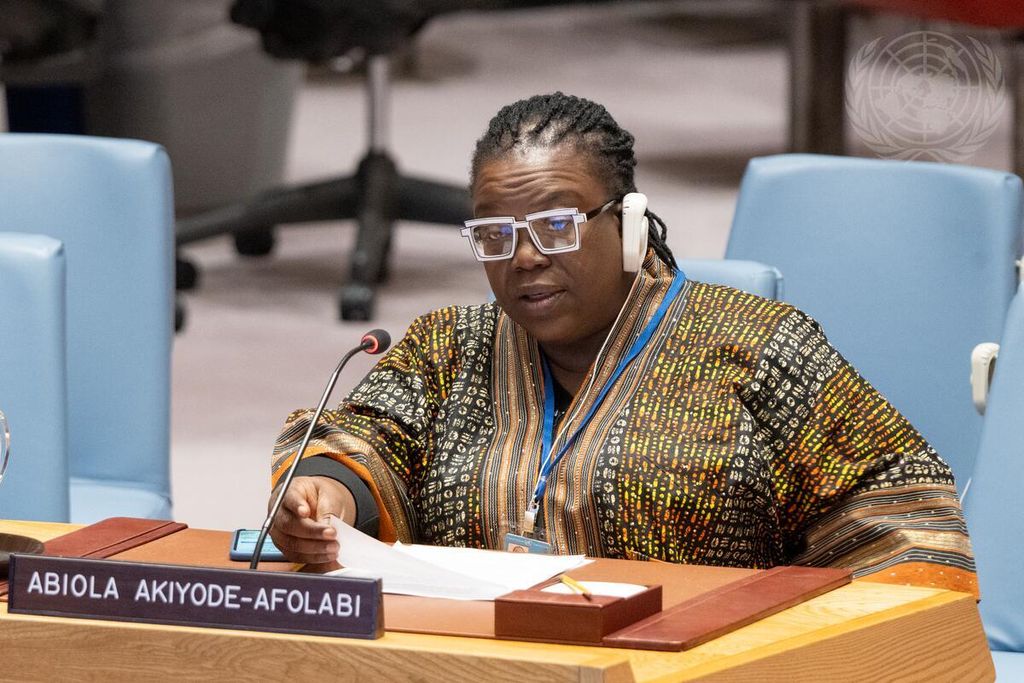Maureen Okpe
In commemoration of the International Day of the Girl Child, (IDGC), the Women Advocates Research and Documentation Centre (WARDC) has issued a call to action, urging the Nigerian government and stakeholders to address the growing crisis of period poverty and its detrimental impact on girls’ education, health, and dignity.
Aligned with the 2025 theme, “The Girl I Am, The Change I Lead: Girls on the Front Lines of Crisis,” WARDC emphasized the urgent need to empower girls through sustained investments in menstrual hygiene, access to justice, and community-led change.
Founding Director WARDC, Dr. Abiola Akiyode-Afolabi in a statement made available to Global Sentinel weekend, described period poverty as a silent crisis affecting millions of Nigerian girls, particularly in rural areas where basic water and sanitation infrastructure is lacking.
Dr. Akiyode-Afolabi said, “Menstruation should never be a reason for a girl to stay away from school, suffer in silence, or be stripped of her dignity. Yet, that is the daily reality for many girls across Nigeria.”
Statistics reveal that one in ten African girls misses school during their menstrual cycle, with up to 25% of schoolgirls in Nigeria lacking access to safe and affordable sanitary products. According to WARDC, this crisis contributes significantly to school absenteeism, low academic performance, early school dropout, psychological trauma, and increased vulnerability to child marriage and sexual violence.
WARDC praised the innovative Menstrual Bank initiative launched in Bauchi State, describing it as a “first-of-its-kind intervention” that provides free sanitary products to girls in schools and underserved communities.
The organisation urged other states to replicate and expand this model as a practical step toward gender equity and girls’ empowerment.
“We must break the silence, dismantle the stigma around menstruation, and put girls’ needs at the centre of our national health and education agenda,”
She highlighted that without proactive policies and budget allocations, millions of girls will continue to suffer from avoidable challenges that hinder their potential and wellbeing.
In its official statement, WARDC issued several key demands, including the passage of a National Menstrual Health Policy and Law, increased budgetary allocations for girls’ health and hygiene, strengthened school safety protocols to prevent and report sexual violence, robust data collection, and widespread community sensitization, especially involving male stakeholders.
The organisation reaffirmed its commitment to gender equality through legal advocacy, research, and grassroots engagement, calling for coordinated national efforts to protect girls’ rights and promote their leadership.
“Girls are not just victims of crises, they are powerful agents of change. But they need access to education, safety, and healthcare to truly thrive,” Dr. Akiyode-Afolabi added.
The International Day of the Girl Child, celebrated every October 11, serves as a global reminder of the challenges girls face and the importance of empowering them to lead change.

